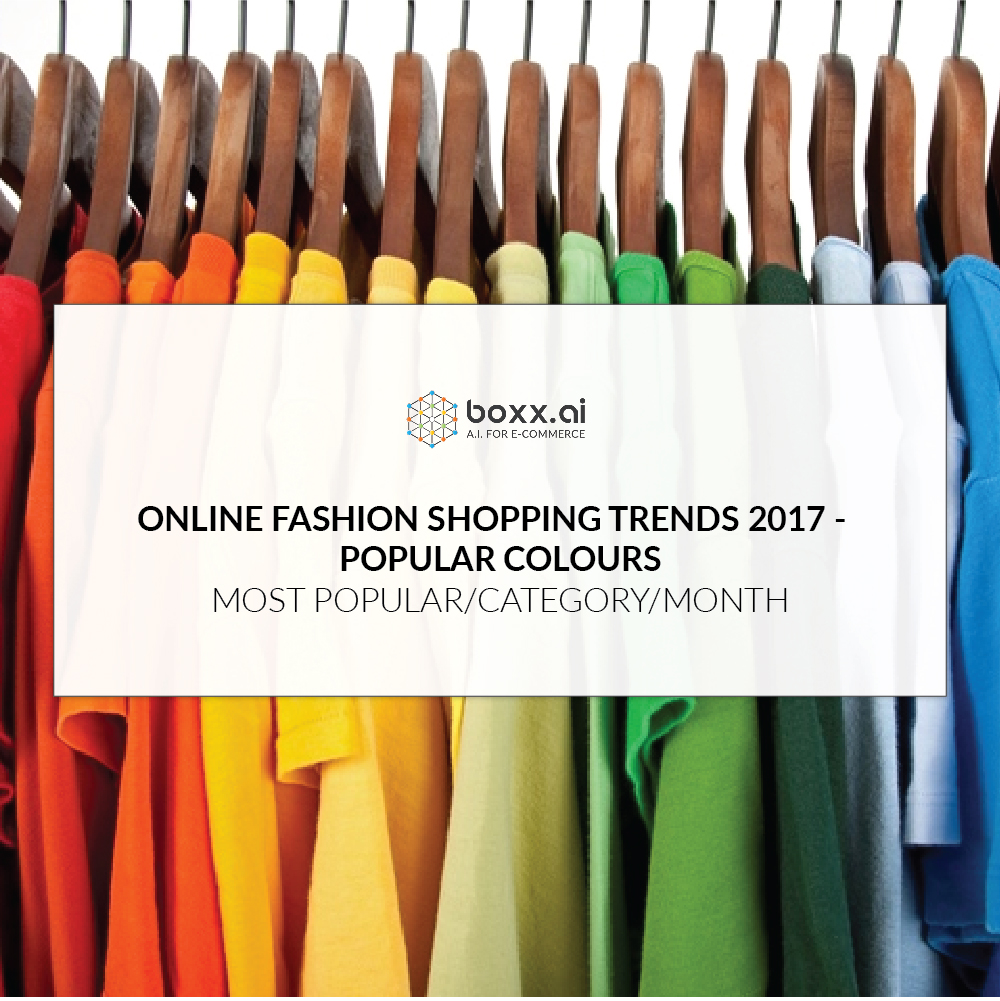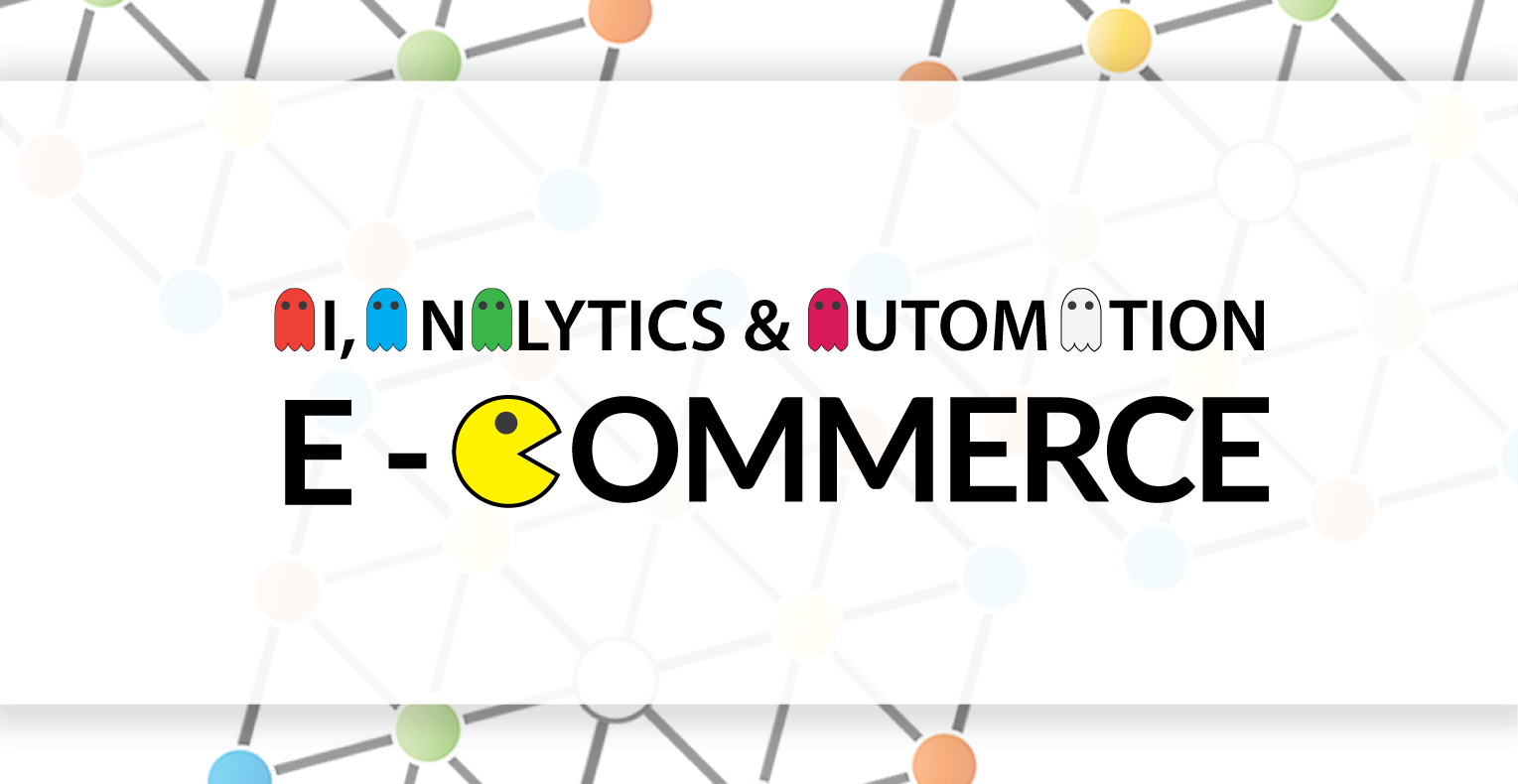
Websites like Spotify are going to great lengths to hide a vast majority of the content to rather put forth a short list of products which you as their consumer would (hopefully) like. Removing the action of search to deliver content that the consumer seeks is one of the major drivers of the popularity of recommendation engines – we need them.
The “age of search” is coming to an end!
The “age of search”, as we know it, has come to an end. They say that the web is changing every day; it is moving from search (curiosity) to the world of discovery (serendipity). In real-time, since the online content is growing exponentially, it is not humanly possible to screen the unfiltered firehose of information to reach that one thing we were actually looking for.
Let’s consider the most popular search engine Google. In 1996, Larry Page and Sergey Brin first started working on BackRub, the predecessor to Google Search. The crawler began activity in March and by the beginning of 1997, the domain Google was registered. The search option became available to the public in 1998 and the rest, as they say, is history. As of 2016, it has handled more than three billion searches every day, and yet, continues to remain the most popular search engine that exists in the world. So what has changed? The answer, my friend, is the consumers. Data became the digital currency and while content remained the ruler, companies who began displaying data in a meaningful way began winning as a brand.
With the advent of the new-age hyper-connected consumers, recommendation engines started gaining more popularity. These engines enabled discovery that allowed the seeker to find something wonderful, relevant to his search query that he didn’t know existed or didn’t know how to ask. It found its own way to the extracting the search results.
Remember, how Playstore is now filled with recommendations?
Recommendation widgets began with a simple association of tags between items. They almost guessed what might seem relevant to the original search query. But, soon these recommendation engines had begun analyzing the behavior, through the browsing history and the previous interactions of the seeker and use that data to draw conclusions between the product and the product categories.
The undying relationship of e-commerce & personalization engines
These recommendation engines have changed the way we interact with technology, work, media, emails and so much more. These engines have enabled the creation of a personalized system of communication that we enjoy receiving, which most of us use, without even realizing.
E-commerce brands just love using recommendation engines because they can personalize their marketing mix and make it more engaging. These engines can narrow down complex decisions to just a few, apt recommendations. Take a look at what Netflix, Amazon, or Facebook are doing. These companies have been able to use a combination of machine learning, personalized ranking, and page regeneration to give their target audience a list of recommendations which gets their end users hooked to the platform. Addictive as it is, channels like YouTube, use similar recommendation algorithms to make predictions.This can help you understand why you see a stream of awesome videos on your Homepage! This is just an introduction to the power of personalization applied through recommendation engines – the need of the hour!
To know more about how boxx.ai can boost your e-commerce through AI-led personalization, click here!




